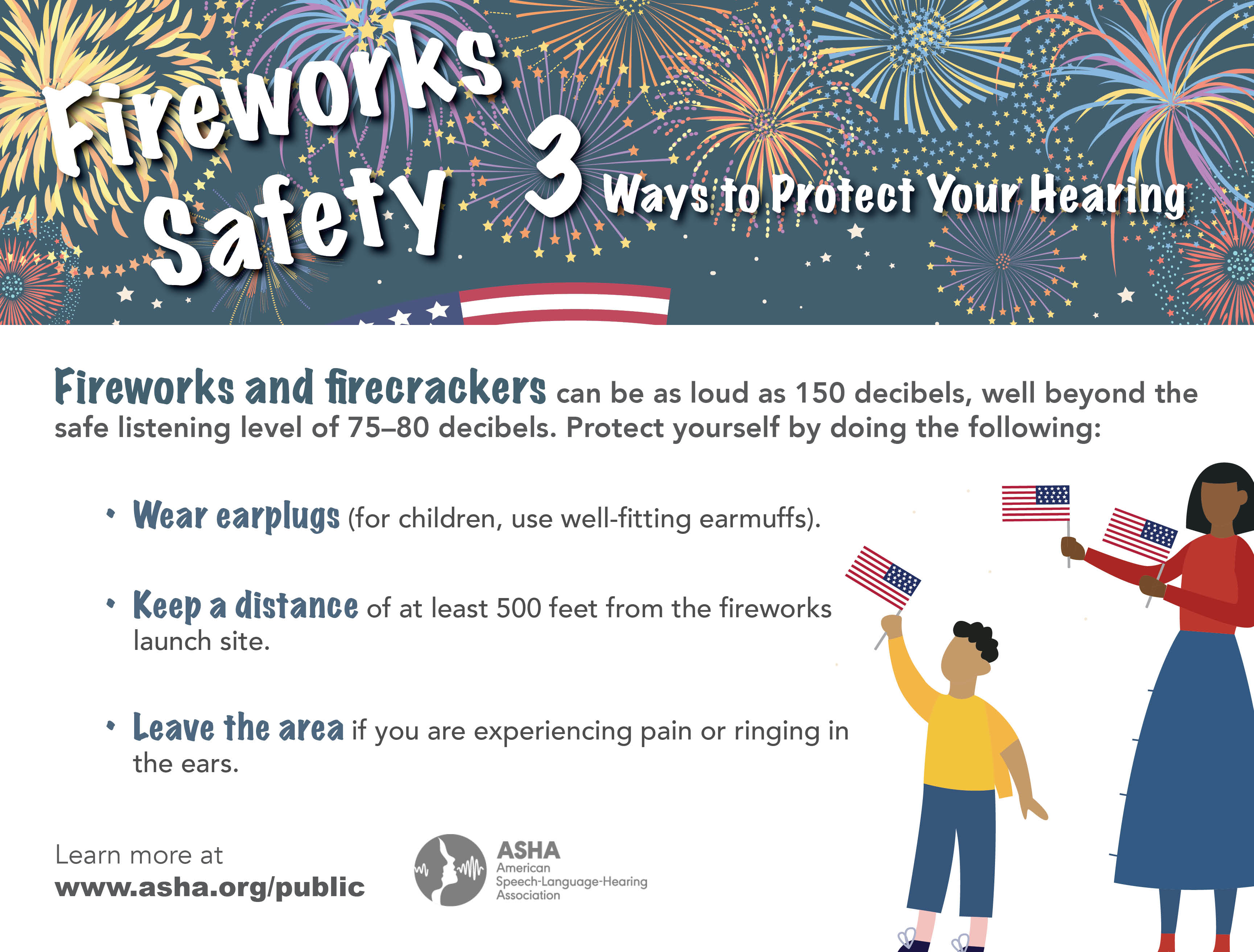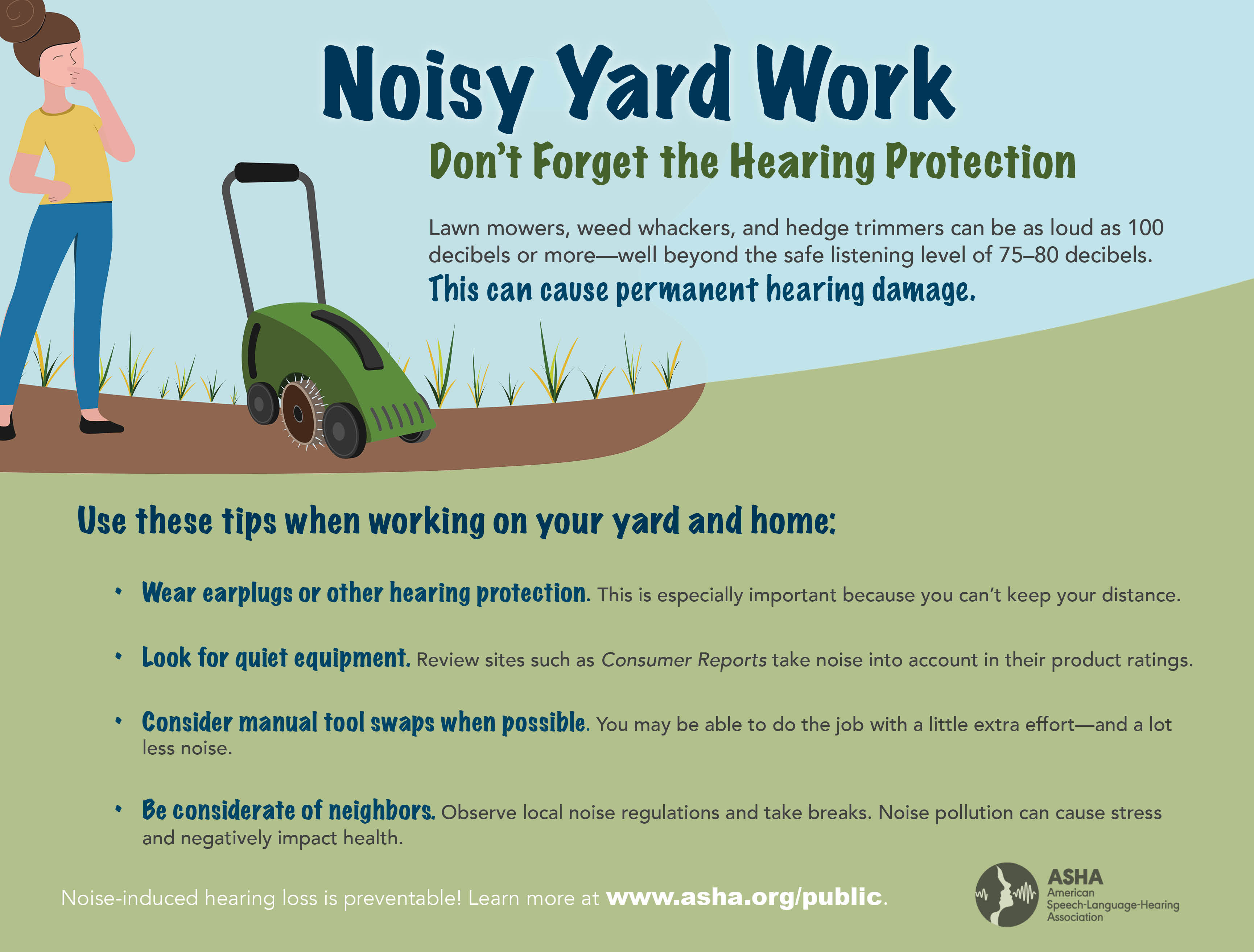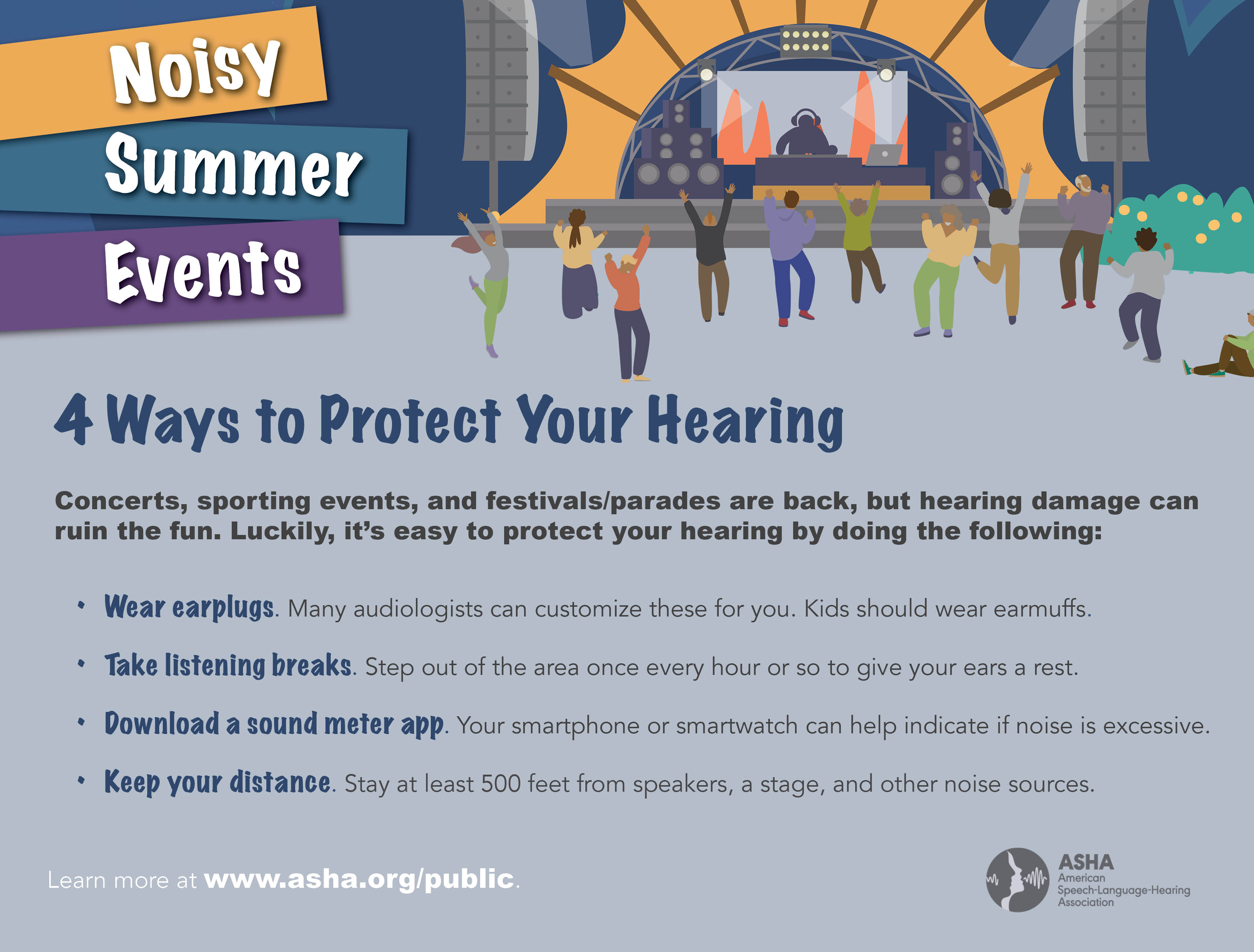July 4th Talking Points
Overview
- Independence Day is approaching, and once again this year, more people will be celebrating at home due to the pandemic.
- Last year consumer spending on fireworks ($1.9 billion) was by far the highest it has been in 20 years according to the American Pyrotechnics Association. People were stuck at home because of the pandemic and many turned to fireworks as an escape. That may not be quite the same case this year, but on the other hand first time users of fireworks last year may want to use them again this year.
- A national poll about hearing health that ASHA commissioned showed that less than half of Americans practice hearing protection; only 31% limit their time in noisy environments.
The risk of hearing loss from exposure to fireworks needs to be given prominence; currently, it does not receive the highlighting it deserves.
- As an audiologist, this raises some concerns, as families may be setting off their own fireworks or using firecrackers. People should know that a single loud blast or explosion that lasts for less than 1 second can cause permanent hearing loss immediately. Fireworks and firecrackers both can clock at 150 decibels at 3 feet, well beyond the safe listening level of 75-80 decibels.
- We want people to have fun and to celebrate, but to do so safely—because nobody wants to wake up the next day with permanent hearing loss or ringing in their ears.
Risks
- The type of hearing loss at issue here is called noise-induced hearing loss. The World Health Organization says that 1.1 billion young people worldwide are at risk for this type of hearing loss.
- The bad news is that this type of hearing loss is irreversible. The good news: it’s completely preventable. Even better: it’s incredibly easy to protect your hearing.
Tips
There are some very simple steps you can take to protect kids and adults:
- Use hearing protection. Basic earplugs do a good job for most teens and adults. When you’re out shopping for barbeque supplies, grab a few pairs at the drug store or supermarket. Younger children are generally better off wearing well-fitting earmuffs instead of earplugs.
- Keep a safe distance. Stand at least 500 feet away from noise sources, such as a fireworks launch site. The closer you are, the more likely you are to hurt your ears.
- Know your limits. If you are experiencing ringing in your ears or any other ear discomfort, leave the noisy situation. Listen to your body!
If You’re Concerned
- If you are experiencing pain or ringing in the ears, or having difficulty hearing, following July 4th or any loud event, contact a certified audiologist for a hearing evaluation. You can more information and a searchable database of these professionals at www.asha.org/public/.














